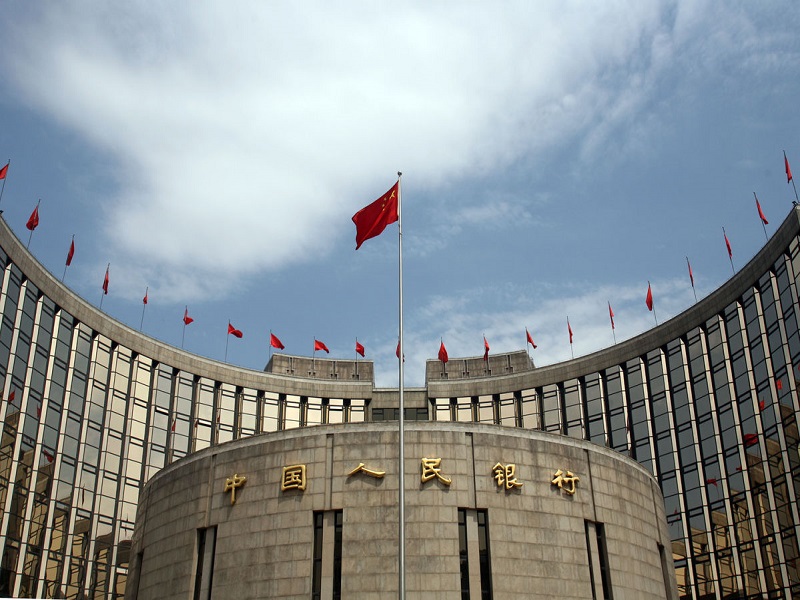China’s central bank has provided insight into fraudulent blockchain schemes and how to avoid falling prey to them. It also asked retail investors to report criminal clues to relevant departments.
Don’t Believe The ‘Blockchain’
On Friday, August 24, the People’s Bank of China, along with four other regulators, warned about illegal fundraising, pyramid schemes, and frauds prevalent under the banners of ‘blockchain’ and ‘financial innovation’ in the virtual assets space.
The regulators have outlined three different features of such fraudulent fundraising schemes:
- A number of illegal blockchain schemes operate overseas over the Internet using online media communication channels like chat tools. Such schemes also leverage the online payment methods for fundraising and are difficult to be traced with their servers located overseas.
- Some blockchain schemes also use deceptive techniques to lure and attract retail investors. They promote their projects through false propaganda, airdropping candies and tapping celebrities. Such schemes often promise high returns at low risks, and in a short time period.
- Blockchain schemes that play the gimmick of ‘financial innovation’ showing “static gain” (profit-making appreciation) and the “dynamic income” (development profit) as means to attract retail investors.
A rough translation of the warning from the regulatory bodies read:
The general public should be rational about the blockchain, […] establish a correct monetary concept and investment philosophy, effectively raise the awareness of risk, and actively report the illegal criminal clues found to the relevant departments.

Alipay to Counter OTC Crypto Trading
China’s popular payments app Alipay has extended support to Chinese regulators to track and monitor its user’s accounts doing over-the-counter (OTC) crypto trading using the Alipay mobile app. Alipay has more than 400 million registered users on its platform and is operated by Alibaba affiliate Ant Financial.
A local publication quoted Ant Financial as saying:
All along, Alipay will resolutely retreat for merchants involved in virtual currency transactions; for personal accounts suspected of virtual currency transactions, according to the circumstances, resolutely take measures to limit account collection or even permanently limit collections.
Last week, a slew of regulatory announcements came from China to further steer ahead its drive of nullifying all crypto-related activities in the country. A government order was initially issued to shut down all crypto-related communication channels and commercial activities taking place in the country. This was apparently not enough since China also banned 124 websites providing offshore crypto trading services to the Chinese locals.
Let us know your take on China’s latest regulatory crackdown in the comments below.
Images courtesy of Shutterstock, Bitcoinist archives.











